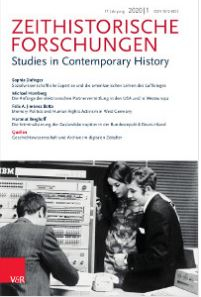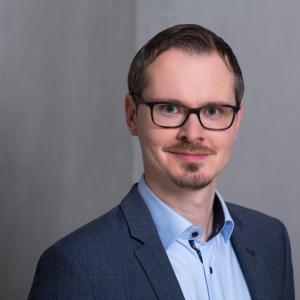Research project (Postdoc)
Supported by Alexander von Humboldt-Stiftung, Feodor-Lynen-Rückkehrstipendium
Way before the era of online-dating- apps, marriage bureaux and dating institutes in the US and Europe began to use computers to conquer the rapidly growing markets of the ‘lonely hearts’. The project explores the long and chequered history of electronic matchmaking since the 1950s. How did the concepts of love, partnership and marriage change over the years and under the premises of a ‘technocratic high modernity’? And what role did the computer play as ‘electronic cupid’ and ‘matchmaking machine’? Soon after the Second World War, the computer turned into a symbol of the ubiquitously emerging planning euphoria and became a ‘scientific’ instrument for the optimization of the private, intimate spheres of life.
Here, the history of electronic matchmaking – from the ‘matrimonial services’ of the 1940s and 1950s to the ‘single dating craze’ of the 1960s and 1970s – reflected far-reaching social and cultural changes. However, it also revealed a remarkable persistence of traditional norms and patterns of dating. In this context, computer dating on the one hand paved new ways for women to deliberately choose their husbands and partners. On the other hand, it (re)produced social, economic, religious and cultural cleavages. As the ‘algorithms of love’ paired matches according to the criterion of conformity, they perpetuated conventional role images, social values and moral concepts. Thus, the history of dating in the digital age may open up new perspectives on the political and social history of the 20th century.
Beginn des Projektes
October 2020
Michael Homberg
Leibniz-Zentrum für Zeithistorische Forschung
Am Neuen Markt 1
14467 Potsdam
Email: homberg [at] zzf-potsdam.de
Telefon: 0331/74510-122
Am Neuen Markt 1
14467 Potsdam
Email: homberg [at] zzf-potsdam.de
Telefon: 0331/74510-122


